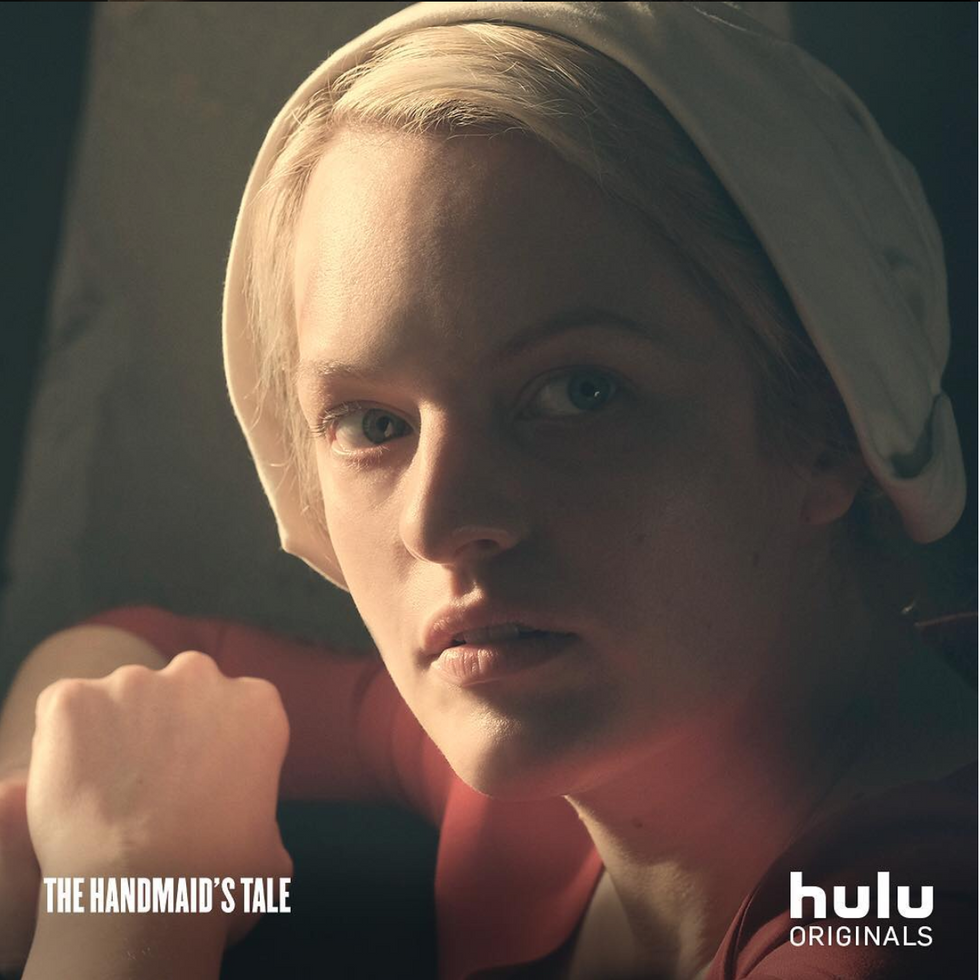On January 11th, at the Critic's Choice Awards, Kumail Nanjiani joked about how he was happy to see more limited series in the mainstream, as it meant he wouldn't have to some 35 mediocre episodes to get to the good stuff. With a limited series, it's either good or bad, and therefore less of a waste of his time.
Today's media environment is flooded with countless limited series and miniseries TV shows, consisting of anywhere from three to 10 episodes, and in general, the format of TV airings, originally a formulaic studio standard that was pretty much an unshakable custom, is being toyed around very boldly as of recent. Seasons are short and sweet, networks aren't as necessarily driven by the prospect of renewal and finding a hit to extend for seven seasons. And even in terms of renewed shows, gone are the days of overwhelming 22-episode seasons, and now we are given more digestible 10-episode (more or less) series.
Miniseries have always been around, especially on British TV, but only recently are they gaining such mainstream traction to the point of near ubiquity. The most popular and acclaimed shows of 2017 include the likes of "Big Little Lies", a 7-episode miniseries from HBO, "The Handmaid's Tale" from Hulu, coming off of an incredibly successful 10-episode season and building up to a second season soon to come, and FX's "Fargo", which has been consistently serving up compelling 10-episode sagas for three seasons now.
Each of these networks' strong streaming presence is no coincidence. It wouldn't be a stretch by any means to consider this causality. The rise of web streaming platforms, a trend which began with Netflix's digital platform years ago, means that entertainment is more immediate than ever. One would think that this makes longer seasons more desirable, since there is more content to enjoy for a longer period, and therefore the show allows for more engaging content. Rather, the opposite is true, and it's for the same reason why I've never touched War and Peace, or why Jaws is scarier because you don't see the shark: less is more.
Short seasons mean that a show is easier to "binge", first of all. That's an unprecedented level of entertainment immediacy when it comes to TV. People can watch the new "Stranger Things" in one night, which I know from experience, having done exactly that for both seasons.
Artistically, the miniseries is also a very reliable structure for creators. Without forcing themselves to fill out 20-something episode seasons, everything that's left in the show is there for an express reason, and it makes every little detail all the more engaging. If you don't believe me, watch the godfather of stretched out seasons, "24". It's not even something I can blame because the whole concept of this groundbreaking show is that it's in real-time, literally showing you 24 gripping hours of some of the most event-filled days you will ever have to bear witness to. And yet, it's not like you're fully engaged all of the time. I mean, that's literally a whole day worth of activities that the writers have to fill, and even with the allotted commercial breaks, that's a tall order.
You can definitely tell when the writers run out of ideas, and this is in a show where the writers at least have some sort of a 24-hour plan. But what about when the network pressures its poor creators to stretch their tight story to 22 seasons. You suddenly get either a whole lot of redundancy or a whole lot of unnecessary convolution.
But if the miniseries structure is getting results, then the power is back in the hands of the creators, and especially since the structure of TV is getting more and more experimental by the minute these days, some really cool new forms of television are hitting the mainstream. One of the most interesting TV shows of this decade has to be "Black Mirror", created by the bitingly satirical Charlie Brooker. For those of you who haven't seen the show, it essentially functions as a Luddite Twilight Zone, with every episode exploring the perils of some technological advancement that is clearly familiar but also out-of-reach enough to be considered science fiction.
This anthology series never carries the same cast, and each episode is standalone. It reminds me of Ray Bradbury's "The Martian Chronicles", a collection of entirely unrelated short stories all about human exploration of Mars, which actually contain a narrative if read with a keen eye to detail. This is innovative television, challenging our entertainment customs to make truly thought-provoking work.
The unprecedented power of the miniseries has given us not just more immediate TV, but a more creatively focused television industry, and that's absolutely thrilling.

















